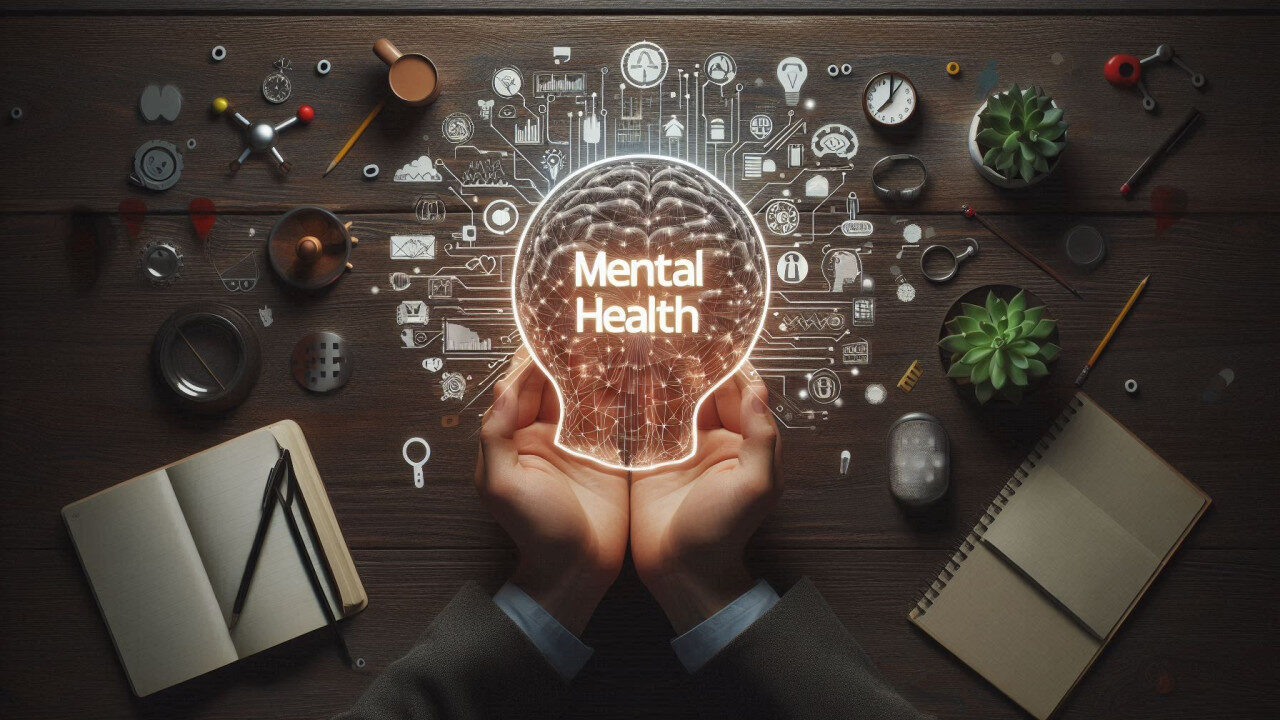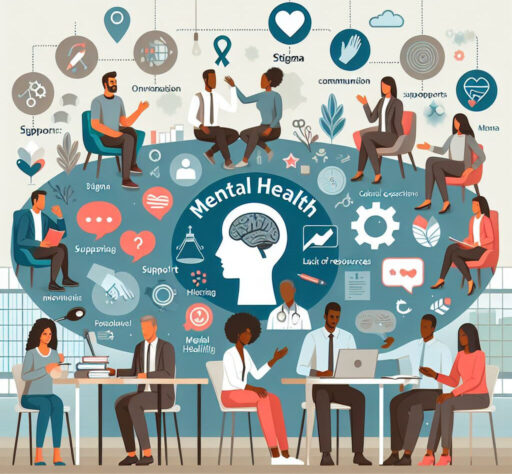

In a world where mental health is increasingly recognised as a vital aspect of our own and everyone’s lives, it is more important than ever to create spaces where understanding, support, and open conversations are promoted, grow and are trusted.
Completing my Level 3 Mental Health First Aid in the Workplace Certification emotionally opened my eyes to the unknown challenges of mental health. It has changed my view, my thoughts, and my understanding, revealing not only the challenges individuals face but also the way mental health touches everyone – even those who, if asked, may believe they have never struggled or suffered with a mental health issue.
This new blog series, “Mental Health, Well-being, and Resiliency in the Workplace”, is my effort to bring this understanding to life. By turning abstract ideas into concrete, actionable insights, I hope it will spark conversations, foster awareness, and inspire meaningful change that can transform workplaces and lives.
Mental health is not just a workplace concern; it is a part of life that affects everyone. Yet, many people still struggle to recognise its importance or know where to start. Some may not realise they have experienced mental health challenges or issues, while others face significant barriers to seeking help, such as stigma, cultural expectations, lack of resources, or a lack of knowledge about what support is available.

For me, mental health was not something I considered as I grew up. I did not know it was a problem, or even a potential problem, for me or those around me.
Looking back now, after completing the Mental Health First Aid Accreditation, I realise that my life has been shaped by experiences that directly relate to mental health and well-being.
I have suffered from burnout in the workplace, compounded by presenteeism, where I felt I should not stop working despite the unknown strain on my mental and physical health. Back then, this was almost expected by companies I worked for due to client deadlines incorrectly forecasted.
I experienced post-grief challenges after losing both my grandparents within 6 months of each other (back in 1997), my greatest allies and the people who taught me to live life to its fullest. Though I have found peace with their loss (although tears still fall when visiting them at the cemetery), personal anger and unresolved feelings from that time still live quietly within me and always will. In recent years, I have faced anxiety and stress brought on by financial worries and redundancy.
The year 2022 was a turning point in my life. Following an unexpected medical emergency (April 2022), I was diagnosed with Type 1 Diabetes, (after varicous veins burst in the throat caused mass loss of blood) a condition that has profound implications for well-being and daily life.
In December 2022 (yes the same year), I was rushed to hospital when a brain scan revealed either a tumour or an abscess. The next two weeks of my life are a blur, marked by a loss of memory and cognitive functionality (I have no memory of even eating or sleeping).
It was a brain abscess, two emergency surgeries, and my partner saved my life.
During my seven-week recovery in Leeds hospital, I relearned aspects of a life I once took for granted, but were fundamentally “out-of-date”. I pushed beyond anything I thought I was capable of (following the surgery), finding strength in the face of unimaginable challenges.
Those moments taught me resilience and made me realise how much we often take for granted about mental health, well-being, and recovery. I owe my Fiance, (my Soul Mate ) my life and it was her that drove me to succeed, supported me and listened when I needed to vent frustration.
These experiences (and a request from my current employer) led me to pursue my certification as a Mental Health First Aider (MHFA) – This has led to this series (apologies, these posts are not short and not a summary).
The course opened my eyes to how mental health touches everyone and how unexpected events can alter the course of someone’s life. I now understand that mental health does not discriminate, it affects anyone, at any time, without warning.
This realisation drives me forward. My story is not just one of “posting knowledge” but of advocacy. I am not someone just writing posts about mental health; I am someone who has lived through it, learned from it, and now wants to drive understanding and support for others. The posts in this series are written from a place of deep personal connection, emotional truth, rawness, and a desire to empower others to face their own challenges with strength and support:
For organisations, the stakes are high. Supporting mental health is no longer optional; it is essential. Employee well-being directly influences productivity, employee retention, and success. This series will demonstrate why investing in mental health is not only the right thing to do but also a sound strategy for all organisations.
To those who may question the sincerity of these words or think mental health advocacy is just “empty talk,” I ask you to reflect:
Negativity toward others’ efforts to support mental health is, in itself, a form of mental health struggle. When you need help or support, remember the stigma you may have contributed to. Mental health is not just about fixing problems; it is about understanding, listening, and offering compassion to those who need it most.
This series is designed for:

Each post in this series will delve into a specific aspect of mental health, combining evidence-based information, relatable examples, and practical advice. Topics will range from recognising the signs of mental health issues to understanding complex conditions like anxiety and depression. I will explore strategies for building resilience, overcoming stigma, and fostering inclusive workplaces.
This journey will begin with “Understanding Mental Health: From Perception to Reality”, where we will break down the core concepts of mental health and well-being, making them accessible and understandable. Together, we will explore how mental health fluctuates, how it impacts our lives, and what we can do to help others.
This series is not just a collection of posts; it is a journey – whether you are a leader, a colleague, a friend, a concerned family member, someone seeking help, or simply someone looking to expand their knowledge and understanding, your role in this journey matters. By understanding mental health and well-being, we can create a world where every individual feels seen, supported, and valued.
This is just the beginning, but it will be a complete series to start with, then extending into additional Mental Health post – Thank you for joining me on this journey – please share and repost to make people aware of how important Mental Health is.
#MentalHealth #Resiliency #Wellbeing #MHFA #ItsOKtoNOTbeOK

Microsoft Solution Architect, Senior Project Manager, and Mental Health Advocate